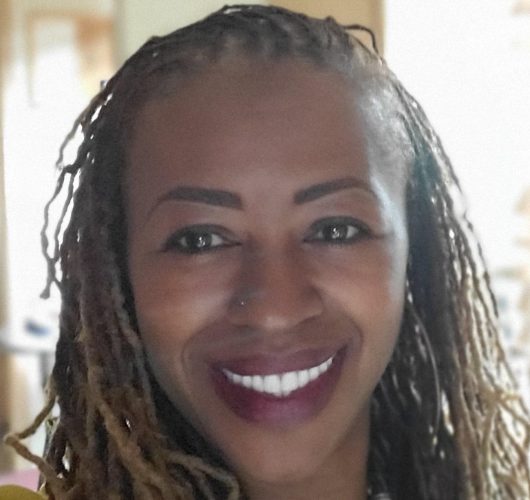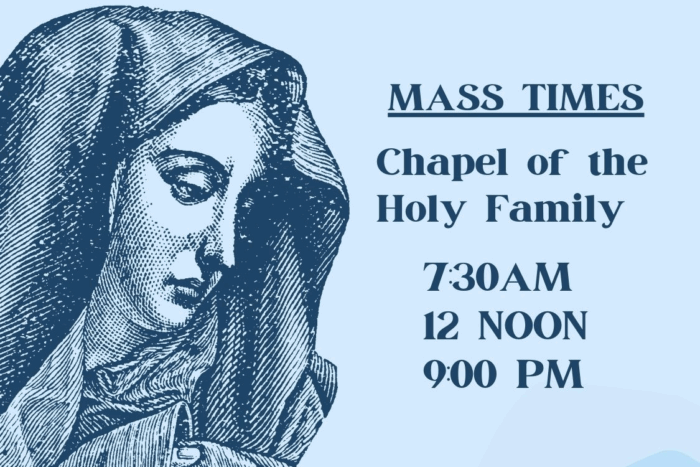
Rachelle Shurn strives to Be The Difference each day at Marquette through her work with ethnically diverse alumni groups.
Since 2005, the assistant engagement director for University Advancement and 2011 alumna has worked closely with the Marquette University Alumni Association National Board of Directors. In addition to overseeing several ethnic alumni groups, she plans alumni and fan gatherings for Marquette University Women’s Basketball.
Here in a Q&A, Shurn explains how she got started in her career, her work with various alumni groups and more.
What attracted you to your field?
It was our passionate alumni who drew me to this path. Early in my career with University Advancement, I would volunteer at various alumni events. During these engagements, I had the opportunity to meet so many amazing alumni who are genuinely grateful for their Marquette experience. They want to give back to the university through their time, talent and treasure or a combination of these attributes. This intrigued me. Even for our alumni who had bumps in the road during their tenure, they remain proud of their alma mater and want to see Marquette do well. At some point along the way, it occurred to me that maybe I could have a career working with alumni volunteers to harness this positive energy and contribute to making Marquette even better.
As engagement officer for the Marquette University Alumni Association, what is your role and what do you hope to accomplish?
Regarding the National Board, my colleague Hannah Puryear and I oversee the meeting, planning and execution. For background, this board is composed of 18 local, regional and national alumni and two students. They come together three times per year to learn about new and exciting initiatives. They serve as the alumni voice for future campus initiatives by providing feedback, and at times, serving as the “pilot” group. Recently, they committed to partnering with several campus programs. Their volunteer efforts span from the Marquette University Neighborhood Kitchen, where they prepare meals and stock shelves when they are on campus, to supporting the Urban Scholars program to generously providing financial assistance for the Backpack Program.
My role is to lead by co-planning and executing the meetings to maximize their board experience and engagement.
What I hope to accomplish is to keep board members engaged with each other, fellow alumni, students and the university. Along the way, we work to grow the volunteer pipeline and build on the networking opportunities for students and the board.
In what ways is this similar to your work overseeing the ethnic alumni groups at Marquette or other ethnically diverse alumni groups?
My role in helping to lead the National Board and the Ethnic Alumni groups have similarities. The Hispanic Alumni Association and Black Alumni Association meet more frequently, and each group shares an affinity for supporting students and alumni who look like them and share similar campus concerns. Both are exposed to senior level leaders, serve as the alumni voice for their respective groups and provide feedback on several Marquette initiatives. New this year, with university support, we have transitioned from a primarily local board to having a national presence. We have members from Texas, Illinois and Tennessee, and our national representation has worked out well.
It’s also worth mentioning that while these board members share a particular affinity, as both serve as a part of the overall Marquette University Alumni Association, which means the goal is always to support Marquette University.
Working with alumni and fans of Women’s Basketball is centered around game days, where we provide greater visibility and celebrate the women before tip-off. These gatherings are always high-energy and filled with excitement, and we are continuing to build on these offerings.
In your opinion, how might Marquette grow its diversity, equity and inclusion efforts?
As it relates to DEI efforts, I think it’s critically important to remember that you never arrive at DEI. It’s an ongoing process that often requires changes along the way. We have made significant strides, but the work continues. As long as we stay the course, we will continue to see movement.
The reality is that it takes the entire Marquette community to move the DEI needle. No one person, department or office is responsible for DEI at Marquette. Collectively, we can do amazing work and do our best to ensure that every student who attends Marquette has a rich and holistic experience. Students who have a great Marquette experience become alumni who are ready, willing and able to support the university.
We are in a good position and poised to do more. Where I believe the university has opportunity to grow is to continue to align with areas of opportunity the university has outlined:
- Scholarships
- Continuing to diversify the incoming class
- Supportive programs for incoming students (like EOP, Urban Scholars, the Student Success Initiative and the RISE Program)
- Hiring diverse faculty and staff
- Support for Employee Resource Programs
- Increasing/enhancing community partnerships
What are your proudest accomplishments at Marquette?
Honestly, I don’t take personal credit for any accomplishment at Marquette beyond earning my degree. However, I am richly blessed to be surrounded by colleagues and programs that support my work and Marquette.
One meaningful moment was the EOP 50th Anniversary Celebration. This was a campuswide, year-long collaboration that was arguably the most successful EOP anniversary ever.
I am also reminded about the university support for sunsetting the Ethnic Alumni Association and creating a Black Alumni Association and a Hispanic Alumni Association. This resulted in huge progress and allowed our alumni groups to better align with our student organizations. These are just a few of examples of how the university has supported forward movement around DEI efforts.


